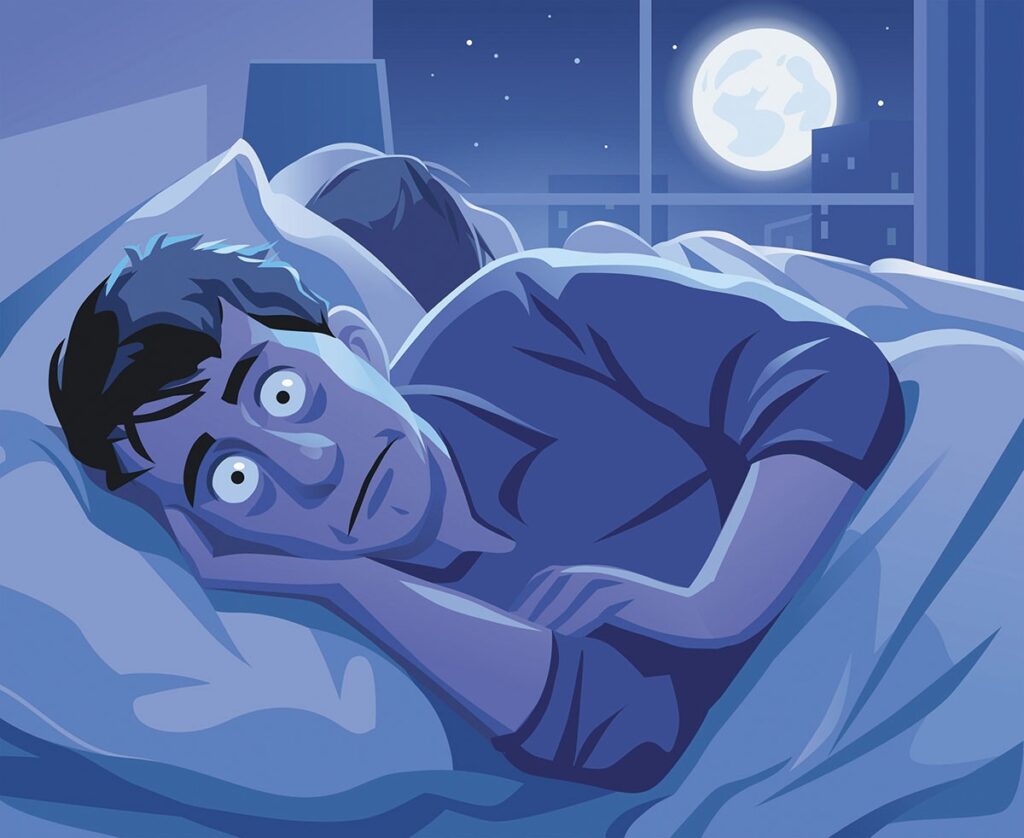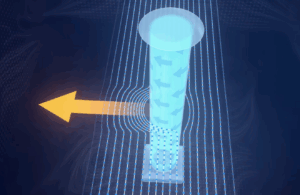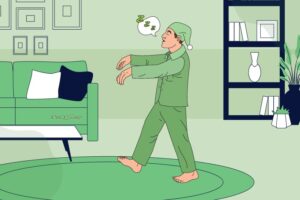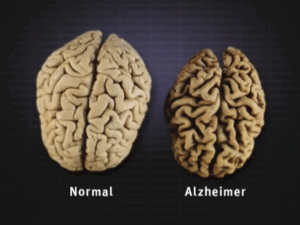Skipping sleep might feel productive, but the toll it takes on our brain, body, and long-term health is anything but worth it.
In a world that praises hustle culture and 24/7 engagement, sleep often feels like a luxury instead of a necessity. Whether you’re cramming for exams, scrolling through social media, or pushing through late-night work sessions, skipping sleep seems harmless until your body starts to break down. From weakened memory and concentration to hormonal imbalances, the effects of sleep deprivation reach every system in the body. The truth is, sleep is not a passive activity; it’s a vital biological process essential for physical health, mental health, and emotional stability. We treat sleep like it’s spare change, easy to toss aside, always available to pick up later. But the science says otherwise: sleep isn’t downtime. It’s a full-scale biological reboot, and when we skip it, we don’t just get tired. We break down.

Let’s start with the brain. Sleep is when the brain consolidates memory, clears out cellular waste, and resets for the next day. Losing sleep can impair the ability to focus, solve problems, and retain information. In a 2000 study published in Occupational and Environmental Medicine, researchers Williamson and Feyer found that after 17 to 19 hours without sleep, participants performed worse on cognitive and motor tests than an intoxicated person (1). These findings reveal that pulling an all-nighter can dull cognitive function as severely as alcohol consumption.
It’s not just test scores that suffer. Sleep deprivation can throw emotions into chaos. You may feel more anxious or irritable after just a few rough nights. Over time, those emotional dips can solidify into more serious mental health issues. Research from the National Institutes of Health and the American Psychological Association has documented strong links between chronic sleep loss and conditions such as depression, anxiety, and even psychosis: the less you sleep, the less you feel like yourself (2).
Still, this is often imagined as being all in our heads until our bodies start pushing back. When the body sleeps, it repairs cells, balances hormones, and strengthens the immune system. Without enough rest, your immune defenses weaken. You become more vulnerable to sickness, heal more slowly, and face greater risks of developing long-term conditions such as heart disease, obesity, and diabetes (3). Even appetite is affected, leading the body to crave sugar and carbs when it really needs rest.
Hormones, chemical messengers that regulate growth, mood, and metabolism, are especially disrupted by sleep loss. A lack of sleep hits teenagers the hardest. While their bodies and their brains are rewiring, hormonal shifts are constant, and their need for sleep actually increases. However, when school starts early, homework ends late, and social lives demand attention somewhere in between, very few teenagers sleep 8 to 10 hours per night (4). Teenagers are expected to function like adults with less sleep than a toddler gets. It’s not just exhausting; it’s unsustainable. A 2014 study from the American Academy of Pediatrics found that delaying school start times by just one hour improved grades, attendance, and overall mood among high school students (5).
It’s easy to glorify late nights and brag about how little sleep you need, but eventually your body will collect its debt. Brain fog—a state of mental cloudiness and poor focus—often sets in long before burnout or chronic illness. These don’t show up overnight, but they will arrive eventually. The most successful, sharp, and creative people you know? They’re getting enough sleep; rest isn’t a weakness; it’s the secret weapon. Closing your eyes might actually be the most productive thing you do all day.
Bibliography:
- Alfonsi, V., Scarpelli, S., D’Atri, A., Stella, G., & De Gennaro, L. (2020). Later School Start Time: The Impact of Sleep on Academic Performance and Health in the Adolescent Population. International Journal of Environmental Research and Public Health, 17(7), 2574. https://doi.org/10.3390/ijerph17072574
- Oh, Chang-Myung, et al. “The Effect of Anxiety and Depression on Sleep Quality of Individuals with High Risk for Insomnia: A Population-Based Study.” Frontiers in Neurology, vol. 10, no. 849, 13 Aug. 2019, pmc.ncbi.nlm.nih.gov/articles/PMC6700255/, https://doi.org/10.3389/fneur.2019.00849.
- Columbia University Department of Psychiatry. “How Sleep Deprivation Impacts Mental Health.” Columbia University Department of Psychiatry, Columbia University, 16 Mar. 2022, www.columbiapsychiatry.org/news/how-sleep-deprivation-affects-your-mental-health.
- Gavin, Mary. “How Much Sleep Do I Need? (for Teens) – KidsHealth.” Kidshealth.org, Feb. 2019, kidshealth.org/en/teens/how-much-sleep.html.
- Weir, Kirsten. “Schools Shift as Evidence Mounts That Later Start Times Improve Teens’ Learning and Well-Being.” American Psychological Association, 30 Oct. 2023, www.apa.org/topics/children/school-start-times.
Images:






Comments are closed.